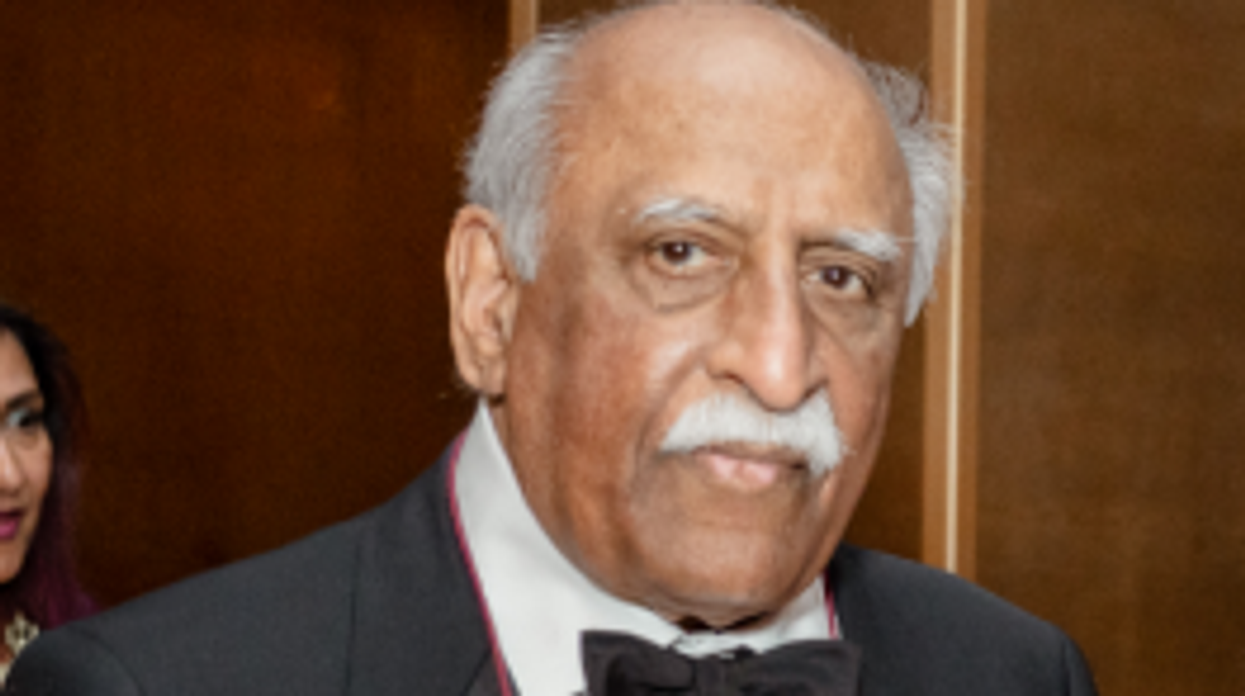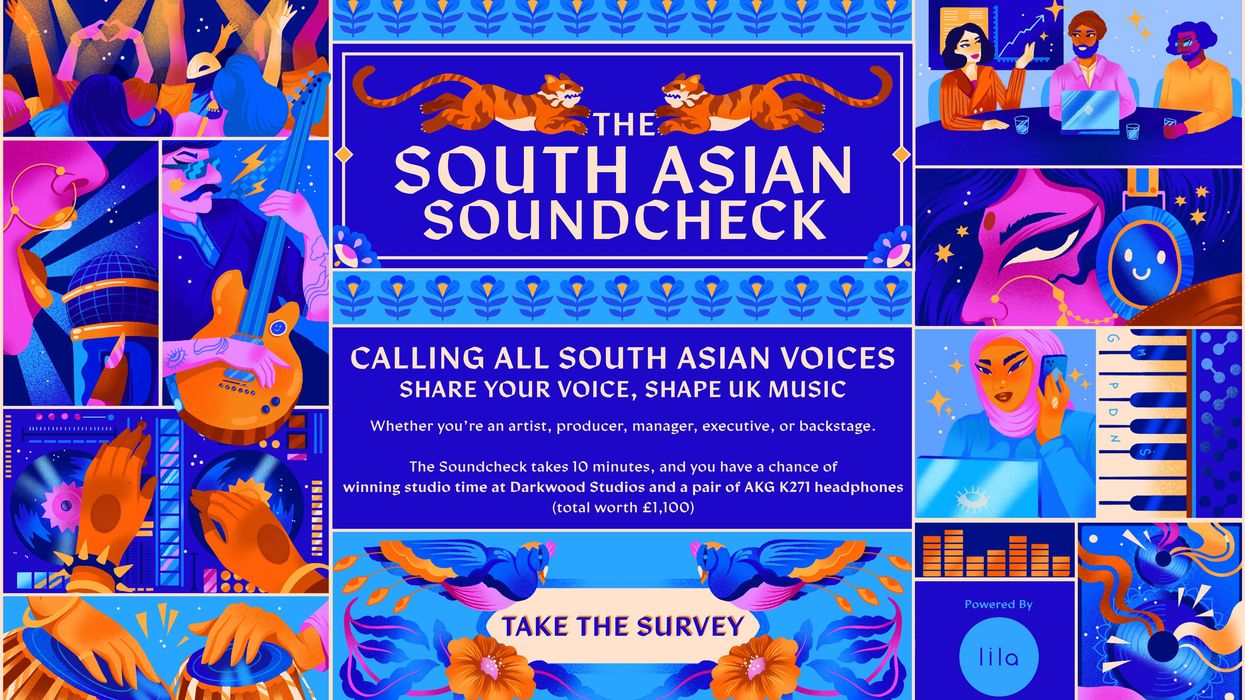UK music industry continue to face systemic barriers that hinder progress, visibility, and career growth – despite decades of contribution and cultural influence, a new report has revealed.
The study, South Asian Soundcheck, published last Tuesday (7), surveyed 349 artists and professionals and found that while many are skilled and ambitious, structural obstacles are still holding them back.
Prepared by Lila, a charity focused on empowering south Asian artists and music professionals, the survey showed that nearly three-quarters of respondents earn some income from music, but only 28 per cent rely on it full time.
Two-thirds of respondents said the lack of south Asians in senior roles at record labels, festivals, and streaming platforms remains the biggest barrier to career advancement.
More than half struggle to access opportunities or funding, and many said they lack industry networks or knowledge about contracts and rights.
Beyond structural issues, almost half said they face stereotypes about the kind of music they should make; two in five encounter family doubts about music as a career, and one in three has experienced racial discrimination.
Although 69 per cent said there was progress in visibility, but 68 per cent still feel invisible within the industry.
Respondents sought urgent action, including mentorship and networking opportunities, stronger south Asian representation in key industry roles and fairer access to funding.
Veteran musician and composer Viram Jasani, who chaired the Asian Music Circuit and led a national enquiry into south Asian music in 1985, told Eastern Eye the findings were “disheartening”.
“I read the report and my heart sank – it feels as though nothing has changed,” he said.
“Back in 1985, we had already identified the same problems and made clear recommendations for better representation, employment and long-term support. Four decades later, we are still talking about the same issues.”
Jasani, a sitar, tabla and tambura expert, said the report focused mainly on modern genres and overlooked traditional south Asian music, which he believes is central to cultural identity.

“Since colonial times, British attitudes have not changed much,” he said. “If they can erase Indian traditional culture and create a community that lives entirely within an English cultural bubble, then they will have succeeded.”
He added that young south Asian artists were often drawn to Western contemporary music, while neglecting their own heritage.
“We are brilliant in Western genres, but that should come after we are grounded in our traditional shashtriya sangeet (classical music),” he said. “Without that foundation, we lose our sense of identity.”
Jasani also warned a lack of unity within the south Asian community continues to weaken its cultural progress.
He said, “People compete with each other while the world watches. For too long, massaging egos has taken priority over producing the best of our culture.”
According to the survey, one in three has experienced direct racial discrimination. One respondent said, “There are virtually no visible and successful south Asian artists in the mainstream – people simply do not know where to place us.”
Another added: “I want south Asian artists to be part of the collective mainstream industry, not just put on south Asian-specific stages or events.”
While the visibility of south Asian artists has improved, with more names appearing on festival line-ups and in the media, the study revealed this progress remains “surface level”.
Lila’s founder, Vikram Gudi, said the findings show progress has not yet been translated into structural inclusion.
“The data exposes what we call the progress paradox. Seventy-three per cent of the people we surveyed earn some money from music, but only 27 per cent earn enough to rely on it as a sustainable career,” he said.
“The Soundcheck gives us the evidence to enact real change and identifies three essential needs – mentorship, representation, and investment.”
Three-quarters of participants said mentorship from experienced professionals would make the biggest difference to their careers. Many stressed the importance of being guided by people who “understand how the industry works and can connect them to decision-makers”.
Nearly the same proportion called for greater south Asian representation across the music industry – not just on stage, but within executive, programming and production roles at festivals, venues, record labels and streaming services.
Dedicated funding also emerged as a priority, with many describing the current grant systems as inaccessible or ill-suited to the diverse and cross-genre work that defines south Asian creativity today.
Two in five respondents reported that family or community resistance remains a challenge, often due to the perceived instability of a music career. The report argued this scepticism is “economically logical”, when there are so few visible south Asian success stories in the mainstream.
Responding to the report, Indy Vidyalankara, member of the UK Music Diversity Taskforce and BPI Equity & Justice Advisory Group, said: “South Asian music is rich, vibrant, and hugely influential. We need south Asian representation at every level of the ecosystem, plus support and investment to match that influence.”





